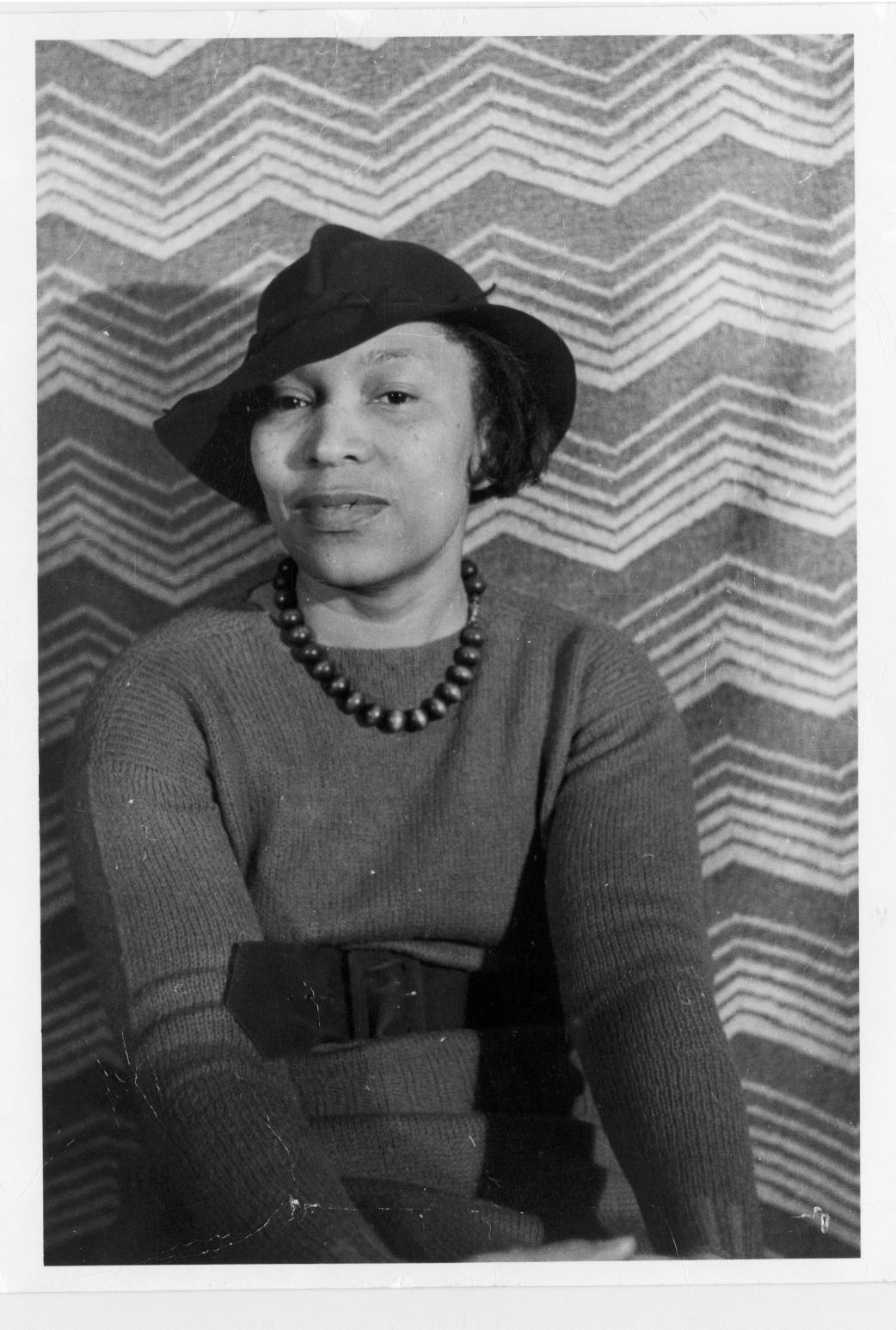For my this month’s review, I will be writing my analysis on Zora Neale Hurston’s short story “Sweat”. *I recently wrote this essay for Mrs. Lambert’s class so if Turnitin tries to check me, I am covered because I am simply repurposing.

SUMMARY
“Sweat” tells the story between an abusive relationship between a Floridian Black couple in the early 1900s. Delia and Sykes have something far from a ordinary happy marriage. Delia is a hardworking washwoman who believes deeply in Christianity. Sykes is jobless man, who openly commits unfaithfulness, and verbally and physically abuses Delia. Through it all Delia keeps her faith and prays against her husband. One day Sykes brings a snake home to place fear in Delia, however, it ended up attacking Sykes leaving him almost dead.
ANALYSIS
From the very beginning, the Christianity religion presence excludes from the short story, “Sweat” written by Zora Neale Hurston. Sundays, gospels, scriptures, and prayer are only a few tools that help solidify the story’s overarching themes. Hurston’s complex and advanced use of symbolism communicates the hidden parallels between the biblical era and the short story’s period.
Delia’s character arch and her physically weak, yet faithfully strong essence symbolize the power of having blind faith in the Lord. She is a church-going woman and at the beginning of Sunday, Delia reveals that she has taken sacrament. “Ah aint for fuss t’night Sykes. Ah just come home from taking sacrament at the church house” (1023). When one performs sacrament, they repent from past sins and again are pure in the Lord’s eyes. Delia’s refusal to participate in Sykes miserable and abusive actions is to protect her purity. Hurston conveys Delia as weak compared to Sykes when the writer states, “Delia’s habitual meekness seemed to slip from her shoulders like a blown scarf. She was on her feet; her poor little body, her bare knuckly hands bravely defying the strapping hulk before her” (1023). Nevertheless, Delia defends herself against the antagonist not by physical abuse, yet through her strong blind faith.
For example, when Delia first stands up against Sykes, she gives her testimony. “Looks heah, Sykes, you done gone too fur. Ah been married to you fur fifteen years, and Ah been takin in washin’ fur fifteen years. Sweat, sweat, sweat! Work and sweat, pray and sweat!” Another example of this blind faith is shown when Delia prays to the Lord that Sykes will get what he deserves. “Somehow before sleep came she find herself saying aloud: ‘Oh well, whatever goes over the Devil’s back, is got to come under his belly. Sometime or ruther, Sykes, like everybody else, is gointer reap his sowing.’ After that she was able to build a spiritual works against her husband.” These prayers foreshadow Sykes fate when he is violently attacked by the snake, he ironically brought into the house to fear Delia.
Delia purity and strong faith represent the Lord’s presence in “Sweat”, on the other hand Sykes and the snake represents evil and the Devil’s presence in the story. Sykes believes in Christianity. He calls his wife a hypocrite because she works on Sundays. In Christianity, Sundays are the Sabbath, which means to rest. He claims that he told the Lord that her work will not be in his house. However, he uses Christianity to support his abusive actions towards Delia which is hypocritical. “Ah don’t keer if you never git through. Anyhow, Ah done promised Gawd and a couple of other men, Ah aint gointer have it in mah house. Don’t gimme no lip neither, else Ah’ll through ‘em out and put mah fist side yo’ head” (1023). Hurston solidifies the Devil’s presence in Sykes by incorporating his fascination with snakes. In the bible, snakes are seen as the serpent of the Devil. Delia wants the snake out the house because she is afraid but also because she believes that they are the devil. “Whut’s de mattah ol’ satan, you aint kickin’ up yo’ racket? She addressed the snake’s box” (1028).
Delia and Sykes’s relationship is abusive and Delia goes through treacherous events similar to biblical times. There are many examples of Christianity symbolism in “Sweat” and Hurston does an excellent job at connecting them to Delia and Sykes.